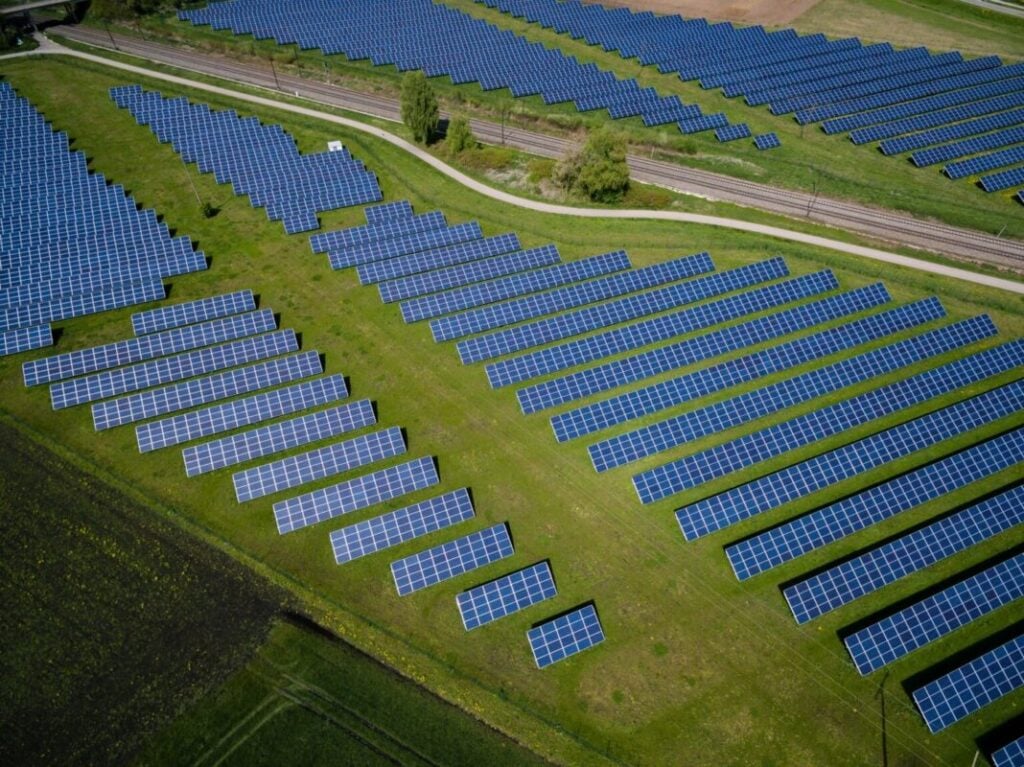
Elements Green, a UK-based renewable power developer, has launched the second phase of statutory consultation for its 800MW Great North Road Solar and Biodiversity Park.
The solar power plant will also feature energy storage and was renamed to refer to the biodiversity focus that has been a priority for the developer following local feedback in previous consultations. This second phase of consultation will run until 20 February.
“We believe that local communities have an important role to play in helping to inform and influence how our proposals for GNR Solar and Biodiversity Park evolve,” said Mark Noone, project director for the development.
“We want to deliver this project responsibly and are committed to consulting as widely and effectively as possible, working together with residents, businesses and community organisations to improve and enhance our proposals as our plans for the project progress.”
Since plans were unveiled for the project, which due to its capacity is classed as a nationally significant infrastructure project (NSIP), Elements Green partnered with the RSPB, Sherwood Forest Trust, Nottinghamshire Wildlife Trust and the Trent Rivers Trust to ensure nature benefits from the development.
The partnership is the first of its kind in the solar sector. As chief executive of trade association Solar Energy UK Chris Hewett pointed out went it was announced, the public consider the impact on nature to be one of the greatest concerns around large scale solar development.
During the first consultation stage in February 2024, communities who were consulted on the original proposals expressed a strong desire to protect and enhance their natural environment. As a result, the developer has committed to dedicating 850 acres of the site solely to positive ecological management.
In late December, Elements Green revealed that when the GNR solar and biodiversity park comes online, estimated to be in 2027, a flock of almost 4,000 sheep will graze the solar park’s fields, which could increase up to 9,000 once lambing begins.
The flock will be managed by local farmers Phil Weaver and Pete Wilson and double as vegetation management, which Elements Green says will save the project £5 million in mowing costs across its 40-year lifespan.
The partnership with Weaver and Wilson is intended to demonstrate how solar parks can coexist with agriculture. Agrivoltaics, the use of land for solar and livestock farming, has become an industry in its own right as the addition of solar PV can provide a much-needed revenue stream for farmers.

